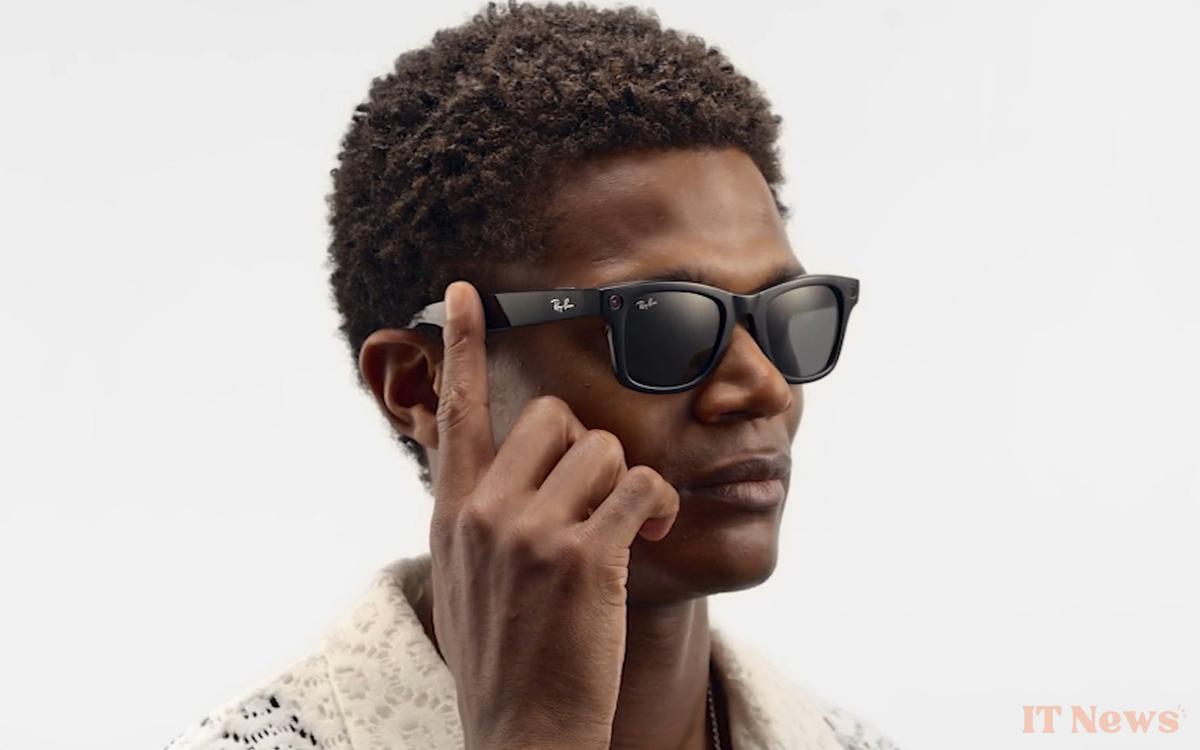Meta is reportedly developing smart glasses with AI and facial recognition. Enough to identify your Facebook and Instagram friends for you... and, above all, spark a bit of controversy.
As technology advances at an incredible speed, one question comes to the author of these lines more and more often: is it necessary to commercialize everything that is technically possible? A report picked up by our colleagues at Tech Times perfectly illustrates this paradox. Meta, Facebook's parent company, is reportedly developing glasses equipped with AI and... facial recognition.
This latest feature, if it reaches the commercial stage, would scan the people the user passes and identify their faces – before cross-referencing them with their Facebook, Instagram, or even, one might imagine, their WhatsApp contact details. This facial recognition would be based on the technology already present in the company's latest smart glasses, dubbed "Live AI."
Widely debatable, facial recognition in glasses seems legally impossible
For now, this feature refrains from recognizing the people around you. But Live AI can already scan objects, places, and just about anything the user is looking at. This allows it to provide information on demand, more quickly. According to the report, Meta had already toyed with the idea of integrating facial recognition into Ray-Ban Meta glasses, before abandoning it. However, the idea is back on the table, with a possible arrival by 2026. At least according to the document.
Because there are likely to be some problems along the way. Including, in Europe, the issue of consent. Not to mention the rather strict surveillance laws—since this appears to be a form of illegal tracking. It also remains to be seen how consumers of such glasses and those around them will react. We remember, for example, Google Glass, which allowed users to take photos and videos a little too discreetly.
This has aroused public suspicion, particularly in the United States. At the same time, we saw the emergence of a few new names targeting users. Including the word "Glassholes," which we will refrain from translating.




0 Comments